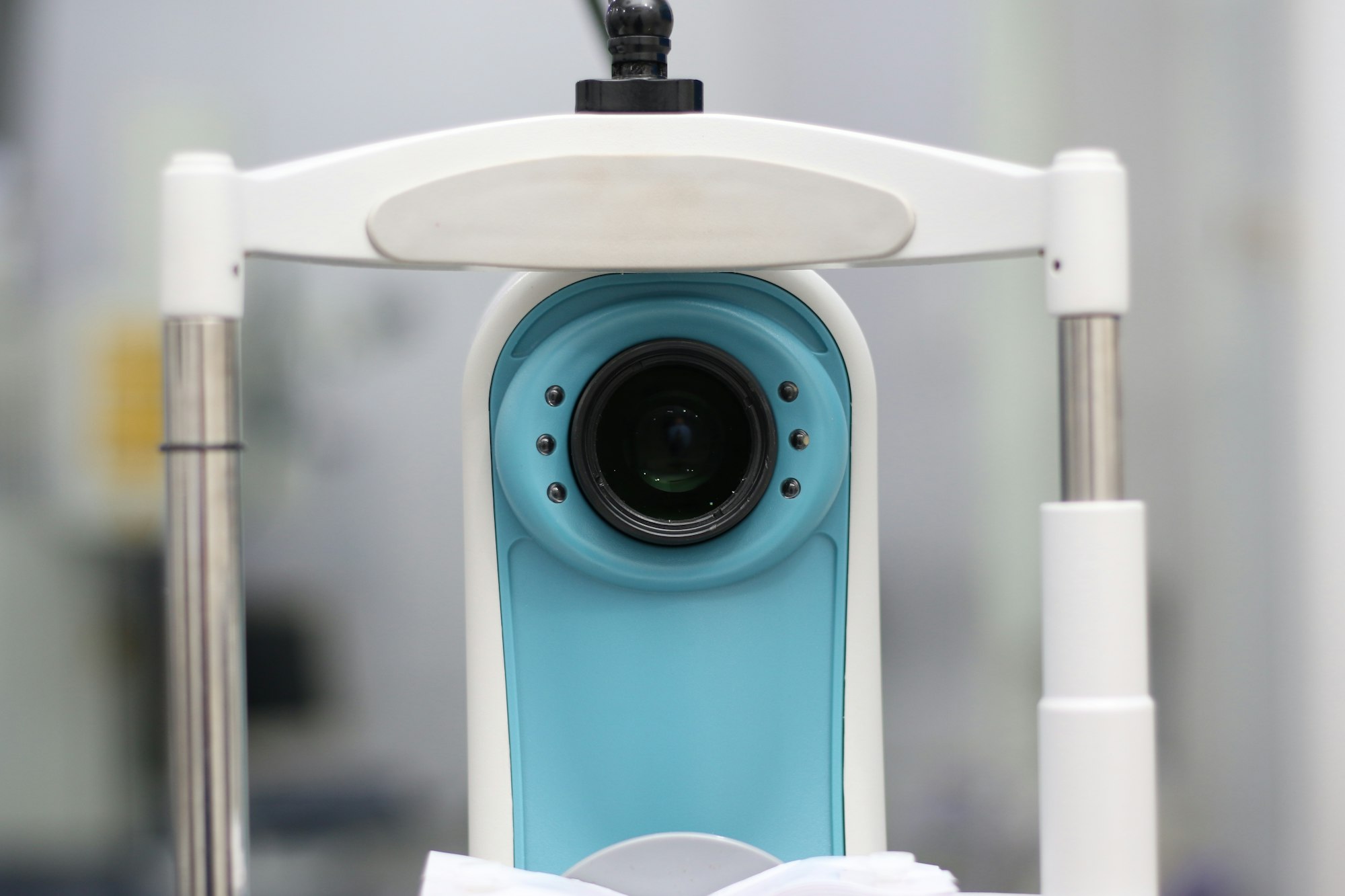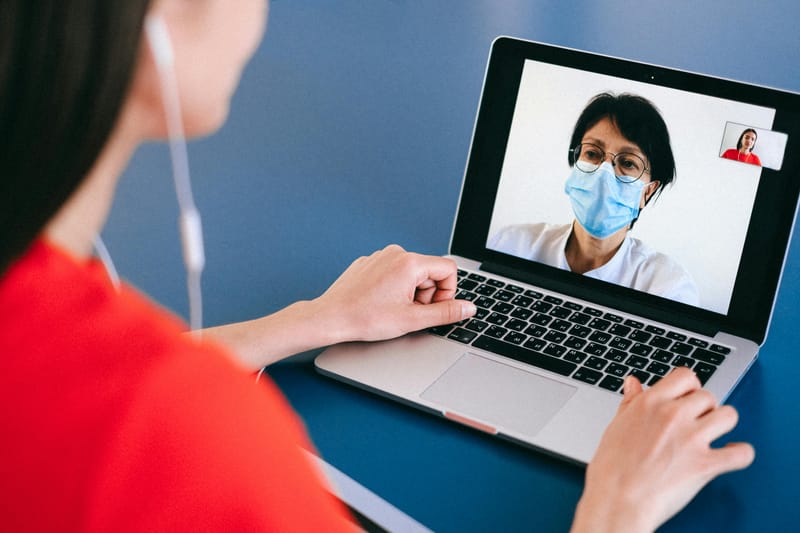South Korean AI-powered retina scanning startup Mediwhale raises $9M

Mediwhale, a South Korean AI diagnostics company that scans retinas for cardiac, and kidney disease has closed a $9 million series A funding round led by SBI Investment, bringing its total raised to $12 million since inception.
Other returning investors include BNK Venture Capital, Innopolis Partners, and IPS Ventures, while Woori Venture Partners and HeartX Fund joined as first-time investors. Mayo Clinic, Arizona State University, Medaxiom and the HealthTech Arkansas Program also became shareholders in this round.
Kevin Choi, the co-founder of Mediawhale, was inspired to create the company after experiencing advanced glaucoma which led to him losing nearly half of his vision due to a late diagnosis. Following his treatment, he and his eye doctor, Tyler H. Rim, shared a strong interest in using machine learning to aid in disease prevention.
Together, they founded Mediwhale, a healthcare startup headquartered in Seoul that uses advanced AI-powered non-invasive technology to diagnose cardiac and kidney disorders, as well as other diseases, through patients’ retinal photographs. The goal of Mediwhale is to bridge the healthcare gap between medical professionals and communities by enabling individuals to learn about their health risks early.
With the recent funding round, Mediwhale plans to accelerate the commercialization of its Reti-CVD product, increase sales, and position itself as a leader in the global AI healthcare market. Additionally, the company aims to enter the U.S. market by obtaining FDA approval.
Other AI-powered medical diagnostics companies such as Alphabet-funded Verily and Digital Diagnostics (formerly IDx) are also making strides in the AI medical diagnostics space, both having secured significant funding of $1 billion and $75 million respectively to expand their healthcare products.






